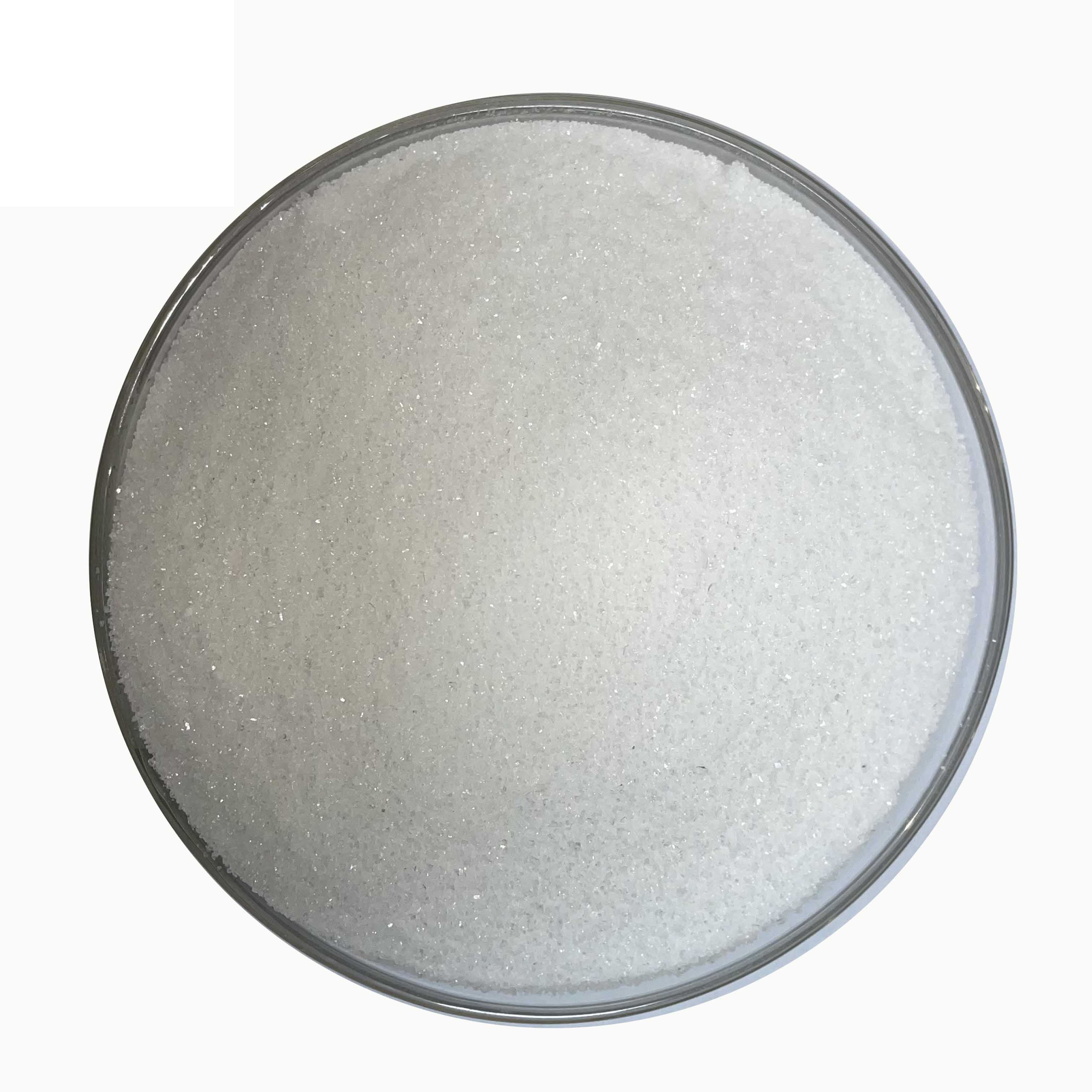
Ara . 30, 2024 01:12 Back to list
Granular Ammonium Sulphate Production Facility and Manufacturing Processes Explained
The Role of Ammonium Sulphate Granular Factories in Agriculture
Ammonium sulphate, a widely used nitrogenous fertilizer, plays an essential role in modern agriculture. Specifically, ammonium sulphate granular factories are vital in the production of this compound, contributing significantly to crop yields and agricultural sustainability. This article explores the importance, manufacturing process, applications, and environmental considerations of ammonium sulphate granules.
What is Ammonium Sulphate?
Ammonium sulphate (NH₄)₂SO₄ is an inorganic salt that consists of two ammonium ions and one sulphate ion. It provides both nitrogen and sulphur, essential nutrients for plant growth. Nitrogen aids in the formation of proteins and chlorophyll, while sulphur is crucial for synthesizing amino acids and other vital compounds in plants.
Importance of Ammonium Sulphate in Agriculture
The role of ammonia in agriculture cannot be overstated. It is a staple fertilizer for various crops, including corn, rice, and wheat, due to its high solubility and low environmental impact compared to other nitrogenous fertilizers. Its ability to provide a quick nitrogen boost helps plants achieve optimal growth, especially during critical development stages such as flowering and grain formation. Furthermore, ammonium sulphate can enhance the quality of produce, leading to better market prices for farmers.
Manufacturing Process
The production of ammonium sulphate involves several key steps, typically taking place in specialized factories. The primary raw materials used are ammonia and sulfuric acid. The process begins with the neutralization of ammonia gas with sulfuric acid, resulting in a solution of ammonium sulphate. This solution is then concentrated and crystallized, forming solid granules.
Granulation is an essential step in production as it improves the handling and application of the fertilizer. Granules are typically coated to reduce dust and enhance flowability, which further assists in precision agriculture practices. Ammonium sulphate can also be blended with other fertilizers to create customized nutrient profiles for specific crops.
ammonium sulphate granular factory

Applications of Ammonium Sulphate Granules
Ammonium sulphate granules are applied in various agricultural practices. They are especially useful in acidic soils, where they can help maintain an appropriate pH level while providing essential nutrients. Besides field crops, these granules are also used in horticulture, landscaping, and turf management. They promote lush vegetation and improve the overall health of plants.
In addition to direct applications, ammonium sulphate is sometimes utilized in hydroponic systems, where it plays a crucial role in nutrient solutions. As urban agriculture gains popularity, the demand for such fertilizers is expected to rise, underscoring the need for efficient manufacturing processes.
Environmental Considerations
While ammonium sulphate is generally regarded as a safe and effective fertilizer, there are environmental considerations to address. Its overuse can lead to soil acidification and potential runoff, impacting water bodies and leading to issues such as eutrophication. As a result, it is essential for farmers and producers to balance their fertilization strategies, incorporating practices such as soil testing and crop rotation to minimize environmental impacts.
Moreover, ammonium sulphate factories play a role in the circular economy by using by-products from other industrial processes, particularly in the ammonium production phase. This not only ensures resource efficiency but also reduces waste in the manufacturing sector.
Conclusion
Ammonium sulphate granular factories serve as a linchpin in the agricultural sector, producing a vital fertilizer that enhances crop growth and sustainability. As agriculture faces increasing challenges due to climate change and population growth, the importance of efficient fertilizer production and application practices cannot be overstated. Emphasizing sustainability and environmental stewardship in the manufacturing process will help secure a more productive and eco-friendly future for agriculture.
-
10 10 10 Fertilizer Organic—Balanced NPK for All Plants
NewsJul.30,2025
-
Premium 10 10 10 Fertilizer Organic for Balanced Plant Growth
NewsJul.29,2025
-
Premium 10 10 10 Fertilizer Organic for Balanced Plant Growth
NewsJul.29,2025
-
Premium 10 10 10 Fertilizer Organic for Balanced Plant Growth
NewsJul.29,2025
-
50 Pound Bags of 13-13-13 Fertilizer for All Plants – Bulk & Organic Options
NewsJul.28,2025
-
High-Efficiency 15-30-15 Granular Fertilizer for Healthy Crops
NewsJul.28,2025
